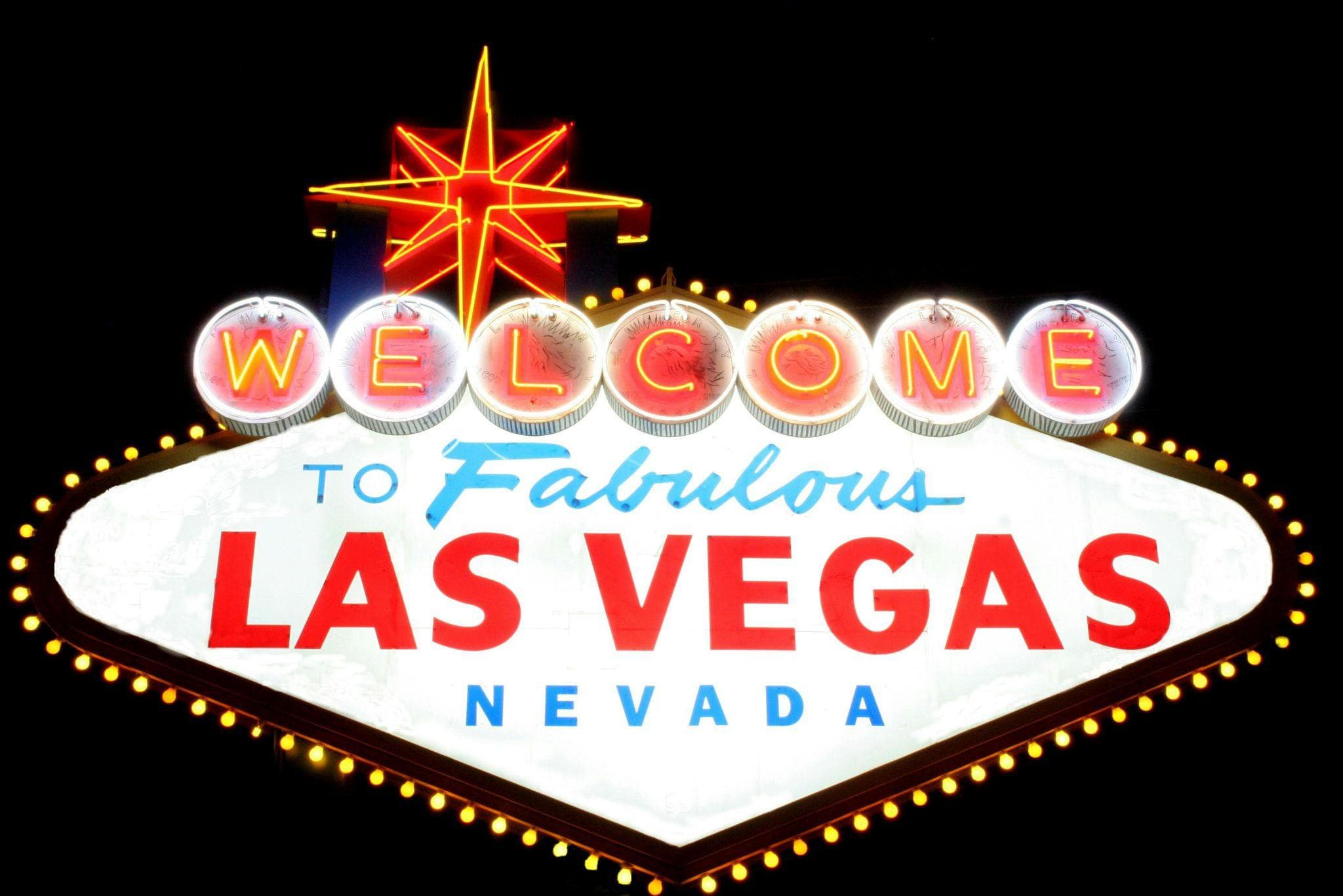We’re all drawn to stories of high stakes, aren’t we? Whether it’s the glitz of a Hollywood blockbuster about a casino heist, offering a vicarious thrill, or perhaps a more personal venture like seeking out the best online casinos for the UAE for a bit of virtual entertainment, the allure of audacious dealings and big wins is undeniably captivating. These narratives, even in their digital forms, tap into our fascination with risk and reward, hinting at a world beyond the everyday. But let’s pause for a moment. While the cinematic world of casino kingpins offers a compelling form of escapism, often stylized and sanitized, it barely scratches the surface of true global villainy. This article isn’t about virtual thrills; it’s an invitation to peek behind the velvet rope of Hollywood’s glamour and into the shadowy, brutal reality of figures like Viktor Bout, one of the world’s most notorious real-life arms dealers. We’re going to delve into the stark, almost jarring, contrast between these two very different breeds of antagonists. We’ll explore their distinct motivations, their chillingly disparate methods, and the wildly divergent real-world consequences of their actions. Ultimately, we’ll highlight the profound differences in their operational landscapes and societal impact, leaving you with a richer, more nuanced understanding of crime, both real and imagined.
The Allure of the Silver Screen: Casino Crime and Its Charms
Have you ever found yourself utterly engrossed in a movie where the entire plot hinges on a daring casino heist or a high-stakes poker game? There’s a reason for that. Hollywood has a knack for creating a truly romanticized world of fictional casino criminals, a world where the stakes are high, but the consequences often feel contained, almost artistic. These characters, whether they’re running illicit gambling rings, laundering mountains of cash, or simply striving for power within a localized, opulent criminal empire, operate within a strangely familiar, albeit corrupt, system. We see them using charm as a weapon, relying on their sharp wit to outmaneuver rivals, and deploying subtle manipulation tactics rather than resorting to outright global violence. Think about the sleek, almost balletic precision of the “Ocean’s Thirteen” crew, the raw, visceral power plays in “Casino,” or the calculated, strategic moves in “The Godfather.” These narratives draw us in because they feel like a puzzle, a game, where the bad guys are often incredibly clever and, dare I say, sometimes even admirable in their audacious ingenuity. Their influence, while significant, is usually confined to a city, a territory, or a select group of influential individuals. It’s a world built on greed and ambition, indeed, but one that largely bypasses the widespread destruction that defines other forms of global malfeasance. The very idea of a casino, whether physical or digital, conjures images of risk, reward, and a particular kind of illicit thrill—a world away from the grinding gears of actual global illegal trade.
The Masterminds of the Strip: Character Deep Dives
Let’s pull up a chair at the virtual table and take a closer look at some of these cinematic giants. In Martin Scorsese’s visceral “Casino,” we encounter Sam “Ace” Rothstein, a meticulous oddsmaker brought in by the mob to run the Tangiers casino. He’s the brains, the seemingly legitimate front, striving for perfection in a chaotic world. Then there’s Nicky Santoro, Ace’s volatile enforcer, whose brutal methods underscore the violent underbelly of mob control. Their story is a masterclass in skimming operations and the constant, often bloody, struggle to maintain power within a highly localized criminal enterprise. Now, turn to Francis Ford Coppola’s timeless “The Godfather.”
While the Corleone family’s operations are vast, Michael Corleone’s journey often sees him attempting to transition into a legitimate business —a nearly paradoxical effort to cleanse his family’s tainted image. Yet, even as he seeks legitimacy, he remains inextricably tethered to the criminal framework, making calculated decisions that solidify his control through cunning and, when necessary, devastating force. Lastly, consider “Ocean’s Thirteen.” Danny Ocean and his crew aren’t about brute force; they’re about precision, deception, and technological prowess. Their motivations are less about raw power and more about righting a wrong or simply the thrill of pulling off an impossibly intricate plan against a powerful adversary like Willie Bank. Their reliance on meticulous planning, disguises, and advanced gadgets highlights a different kind of criminal genius, one where the most significant weapon is a well-oiled team and an even better plan. They’re entertainers as much as criminals, aren’t they? They make crime look, well, fun.
The Shadow World of Global Arms Trafficking: The Reality
Now, let’s step out of the glittering, neon-lit casinos and into a world shrouded in far darker shadows. We’re talking about the harsh, often brutal, reality of global arms dealing, a trade that doesn’t just skim profits but literally fuels conflicts and extinguishes lives on an unimaginable scale. This isn’t a game; it’s a cold, calculated business of death. Here, there are no glamorous heists or witty banter. Instead, we find figures like Viktor Bout, a man whose name has become synonymous with the illicit arms trade. His modus operandi wasn’t about charming casino bosses; it was about exploiting geopolitical instability, circumventing international sanctions, and delivering weapons to anyone with the cash, regardless of the consequences. The focus shifts dramatically here: from localized economic gain to a vast geographical reach, from minor criminal infractions to widespread political destabilization. It’s a trade characterized by a complete and utter disregard for human life, where every transaction contributes to suffering, displacement, and the tragic loss of innocence. The world of fictional casino crime, with its contained drama, suddenly feels like a children’s playground compared to the devastating impact of global arms trafficking. This is the real shadow world, far removed from Hollywood’s careful sanitization. It’s a world where cargo manifests tell tales of tragedy, not triumph.
Viktor Bout: The Merchant of Death’s True Story

Let’s peel back the layers on the man often dubbed “The Merchant of Death”: Viktor Bout. His story is less about glamour and more about logistics on a truly chilling scale. Born in the Soviet Union, Bout allegedly rose to prominence in the post-Cold War era, capitalizing on the vast surpluses of abandoned weaponry and military transport aircraft. His methods were disarmingly simple yet terrifyingly effective: he built an extensive network of shell companies and air cargo operations that crisscrossed the globe, making him a go-to provider for weapons, from small arms to helicopter gunships, for various conflicts. Imagine operating a massive, clandestine shipping company, but instead of consumer goods, your cargo is the machinery of war. He allegedly supplied warring factions in Afghanistan, Angola, Liberia, Sierra Leone, and countless other flashpoints, often playing both sides of a conflict. His arrest in Thailand in 2008, followed by his complex extradition to the United States and subsequent conviction for conspiring to kill Americans, highlighted the real-world legal and ethical implications of his actions. His story isn’t about outsmarting a casino; it’s about the erosion of international peace and security, about enabling bloodshed for profit. The stark contrast between his global impact and the localized influence of our fictional casino criminals couldn’t be more evident. One man’s ambition led to widespread devastation; the other, to a clever trick at a blackjack table.
Contrasting Spheres of Influence and Methodology
Now, let’s get down to the brass tacks and directly compare these two fascinating yet profoundly different archetypes of criminal enterprise. We’re talking about a chasm so wide it’s almost unfathomable. On one side, we have the slick, contained world of casino crime; on the other, the brutal, sprawling reality of global arms trafficking. The fundamental differences in their operational scope, their underlying motivations, and the very methods they employ to achieve their nefarious goals are startling.
- Geographic Reach: The divergence here is monumental. Fictional casino criminals, even those with significant power, typically operate within confined, city-specific boundaries. Their influence might stretch across a few states or be tied to specific legitimate (or quasi-legitimate) businesses, but it rarely truly breaks free of a defined territory. Think Las Vegas, Atlantic City, or even New York’s Five Families, where their power is centralized and often tied to physical locations. Contrast that with arms dealers like Viktor Bout, whose networks are truly vast and international. They span continents, exploit geopolitical instability, and move their deadly cargo through a labyrinth of global airspace and murky maritime routes, often facilitated by corrupt officials and lax regulations. Their playground is the entire globe, wherever conflict can be exploited, and demand for destructive goods exists.
- The scale of Impact: Here’s where the glamor fades entirely. The economic or social impact of casino fraud, while certainly damaging to individuals and local economies, is typically contained. It might involve millions, even hundreds of millions, in illicit gains and perhaps some localized violence or corruption, like intimidation or rival gang warfare over turf. It doesn’t, however, cause nations to crumble. Global arms trafficking, by contrast, is a direct catalyst for geopolitical destabilization. It fuels existing wars, ignites new ones, and facilitates widespread human rights abuses, leading to mass displacement, starvation, and the collapse of civil societies. The profit margins are directly tied to human suffering, displacement, and loss of life. It’s a trade measured not in dollars skimmed but in lives lost and futures destroyed, leaving behind a trail of devastation that can last for decades.
- Tactics and Tools: The methodology employed by these two types of criminals also paints a stark picture. Casino criminals, as Hollywood often shows, rely on intricate human intelligence, masterful card counting schemes, sophisticated electronic hacks to manipulate slot machines, and internal corruption to achieve their aims. Their tools often include psychological manipulation, intricate planning, and the exploitation of vulnerabilities within a regulated system, relying on trust or fear within a hierarchical structure. Arms dealers, however, operate on a completely different level. Their tactics involve complex logistics, mastery of illicit shipping routes, the use of state-of-the-art (or recently state-of-the-art) weaponry, and exploiting legal loopholes in international arms treaties. They are the masters of supply chains, exploiting fragile states and desperate factions; only their “product” is death, and their “customers” are the architects of conflict.
- Ethical Implications: This is perhaps the most profound contrast. While any crime has ethical implications, the moral vacuum of arms dealing is absolute. It directly fuels wars, perpetrates human rights abuses, funds terrorism, and profits from the systematic destruction of societies. There is no grey area; it is a trade rooted in profound human misery with no redeeming qualities. The consequences of casino-related crimes, while illegal and harmful (involving theft, fraud, and sometimes localized violence), are relatively “tame” in comparison. While they disrupt individual lives and economic stability, they generally do not result in the widespread slaughter and systemic destabilization that is the very business model of an arms trafficker. The former might leave someone bankrupt; the latter, a nation shattered.
This direct comparison underscores the vast conceptual distance between the entertainment we consume and the grim reality that exists beyond the silver screen.
The Cinematic Lens: Why We’re Drawn to Fictionalized Crime
So, with such a stark contrast, why are we, as an audience, so utterly captivated by the fictionalized world of casino crime? What is it about “Casino” or “Ocean’s Thirteen” that keeps us glued to the screen rather than turning away in disgust? Part of it, I believe, is Hollywood’s masterful ability to sanitize the true ugliness of illicit activities. They focus on the spectacle, the glamour, and the intellectual puzzle of the heist rather than the gritty, messy reality. The characters, even if they are ruthless, often possess a certain charisma, a magnetic appeal that makes them compelling to watch. We get lost in their complex plots, their intricate planning, and the sheer audacity of their endeavors. These portrayals tap into deeply ingrained human desires: a craving for escapism from our mundane lives, a chance to indulge in power fantasies without real-world consequences, and the satisfaction of solving an intellectual puzzle alongside the protagonists. Who doesn’t love a good caper where the bad guys are almost heroes? Hollywood satisfies our need for excitement and intrigue in a safe, controlled environment, allowing us to flirt with danger without ever having to confront its chilling reality. It’s a cleverly constructed illusion, one that we willingly buy into, sometimes even confusing the fantasy with fragmented elements of reality.
Beyond the Blockbuster: The Unseen Dangers

While those cinematic narratives offer a delicious escape, it’s vital to remember that the real dangers posed by figures like Viktor Bout are anything but glamorous. Their actions aren’t part of a clever plot; they are profoundly destructive forces with devastating real-world consequences. We’re not talking about a few million dollars skimmed from a casino floor here; we’re talking about sophisticated operations that actively contribute to bloody conflicts, perpetuate cycles of human suffering, and systematically undermine international stability. It’s a business where the profit motive is directly linked to mass casualties and widespread human rights abuses. When you watch a movie about a casino heist, you might root for the clever thieves, but there’s no rooting for a “Merchant of Death.” Understanding the reality behind these figures, rather than being solely captivated by fictionalized narratives, is crucial. It reminds us that some shadows cast by crime are far too dark ever to be romanticized. These are the unseen dangers, the ones that truly shape the world in terrifying ways, far from the bright lights of Vegas or the digital glow of any online gambling platform.
Conclusion
As our journey through the dazzling world of cinematic crime and the grim reality of global arms trafficking comes to a close, one truth stands out in stark relief: there is a vast chasm between the alluring, often stylized, criminal underworld depicted in casino films and the bleak, perilous reality unleashed by figures like Viktor Bout. While Hollywood’s portrayals of high-stakes gambling and cunning heists offer undeniably captivating entertainment — it is crucial to recognize the profound and devastating real-world consequences that are the very business model of arms traffickers. We’ve seen how the motivations shift from localized financial gain or a twisted sense of justice to profit through human misery and global destabilization. The methods transition from intricate schemes and clever deceptions to cold, challenging logistics of death. The impact, most strikingly, moves from contained economic disruption to widespread conflict and unimaginable human suffering. It’s not just a difference in scale; it’s a difference in kind. Our aim here was to provide you with a clearer, more nuanced understanding of these distinct facets of crime, both real and imagined. So, the next time you settle in for a captivating movie about a casino caper, enjoy the thrill, but perhaps also spare a thought for the actual shadows that loom much larger in our world, far removed from any silver screen or digital interface.
